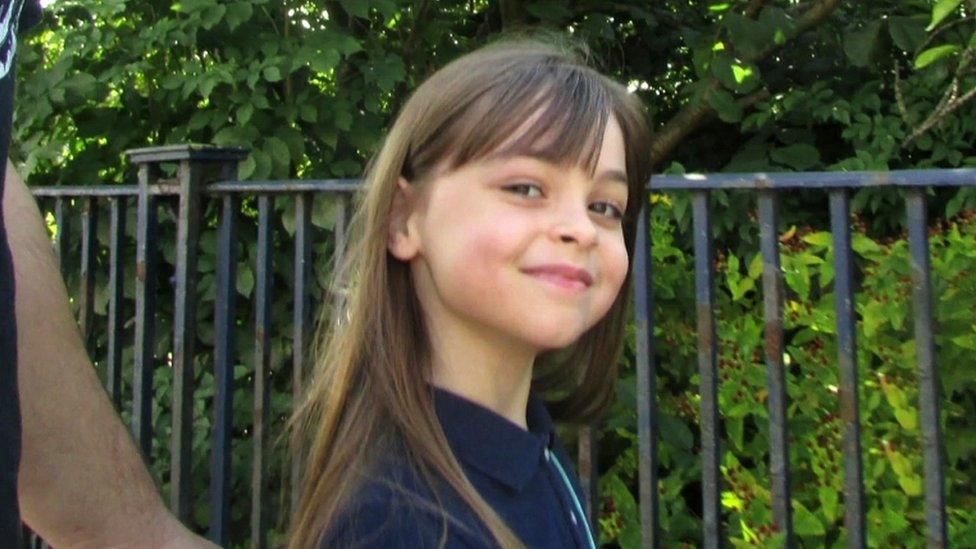Manchester Arena Inquiry: Bomb victim 'had unsurvivable injuries'
- Published
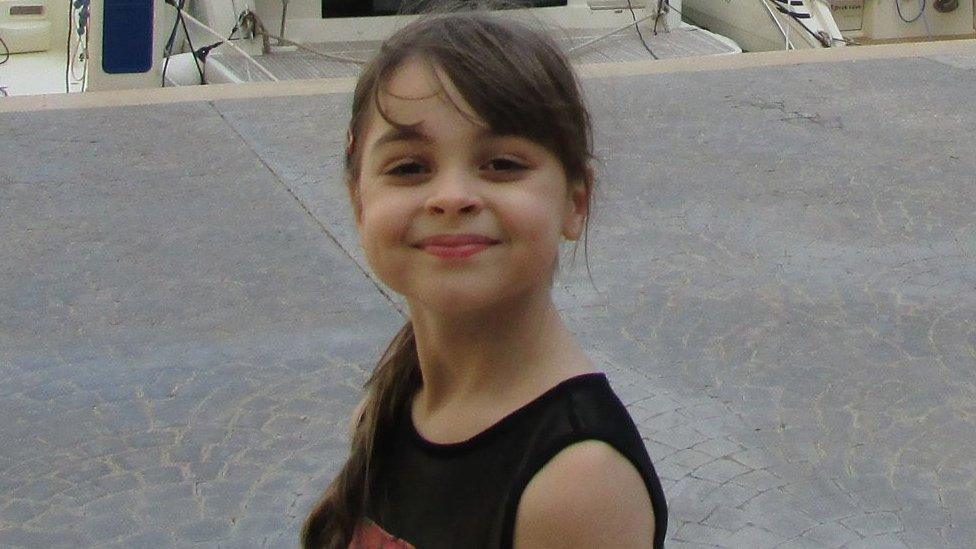
Saffie-Rose Roussos was the youngest victim of the Manchester Arena bombing
The youngest victim of the Manchester Arena attack could not have survived her injuries, medical experts have told a public inquiry.
Eight-year-old Saffie-Rose Roussos suffered serious shrapnel wounds and internal injuries in the 2017 bombing.
The schoolgirl, from Leyland, Lancashire, arrived at hospital about 55 minutes after the explosion.
Five medical experts said her injuries were so severe she would not have lived, even if she had arrived earlier.
Twenty-two people were killed and hundreds more injured when Salman Abedi detonated a bomb at the end of an Ariana Grande concert on 22 May.
Professor Anthony Bull, who leads the Blast Wave Panel, told the public inquiry into the attack that there was "no evidence anywhere…that anyone has previously survived with such a constellation of injuries".
The inquiry heard Saffie suffered a total of 103 injuries.
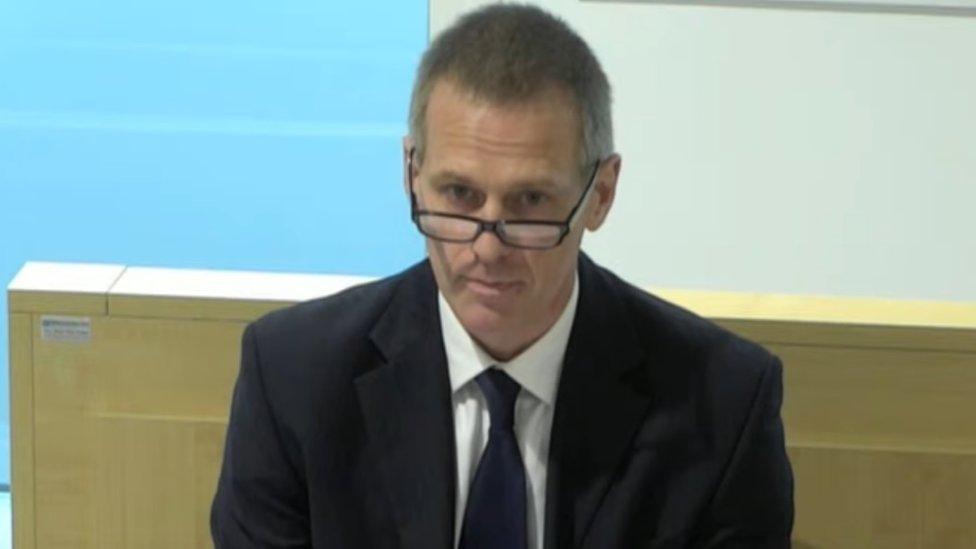
Professor Anthony Bull was among a panel of medical experts giving evidence to the inquiry
Former British Army surgeon Colonel Jonathan Clasper said the ballistic impact on her body in the blast was "equivalent to 15 to 20 handgun bullets".
Col Clasper operated on critically-injured soldiers at a former British Army hospital in Afghanistan.
He told the court that because of the extent and combination of Saffie's injuries "we couldn't have kept her alive in Camp Bastion".
"Every scenario we came to she would die," Col Clasper said.
"Even taking it to extremes and saying what happens if she arrived at hospital within 20 minutes, we couldn't see her surviving I'm afraid."
Expert panel member Colonel Peter Mahoney told the inquiry Saffie had suffered "severe blast lung injury" caused by the energy of the explosion.
Col Mahoney said this, along with other injuries, would have affected her ability to breathe.
He told the inquiry: "You take that level of injury and add it to Saffie's other injuries, my view remains that, sadly, she had unsurvivable injuries."
The panel reached its conclusion after reviewing evidence from body-worn cameras of responders at the scene, CCTV, witness statements and radiology reports.
The panel initially concluded she was unlikely to have survived from extensive bleeding, but could not rule out a "very remote" chance she could have lived if the most comprehensive and advanced medical treatment was immediately given.
However, that possibility was removed when they analysed further information, which outlined her severe lung injuries and the impact it had on her ability to breathe, the inquiry heard.
Pete Weatherby, QC, representing the Roussos family, said that change in opinion had caused "significant concern to the family".
The hearing was also told the panel of experts had no criticism of the paramedics who treated Saffie and took her to hospital.
The inquiry will hear evidence from different medical experts who dispute some of the findings of the Blast Wave Panel and believe if Saffie had received different treatment then she may have survived.
The inquiry continues.

Why not follow BBC North West on Facebook, external, Twitter, external and Instagram, external? You can also send story ideas to northwest.newsonline@bbc.co.uk
- Published1 December 2021
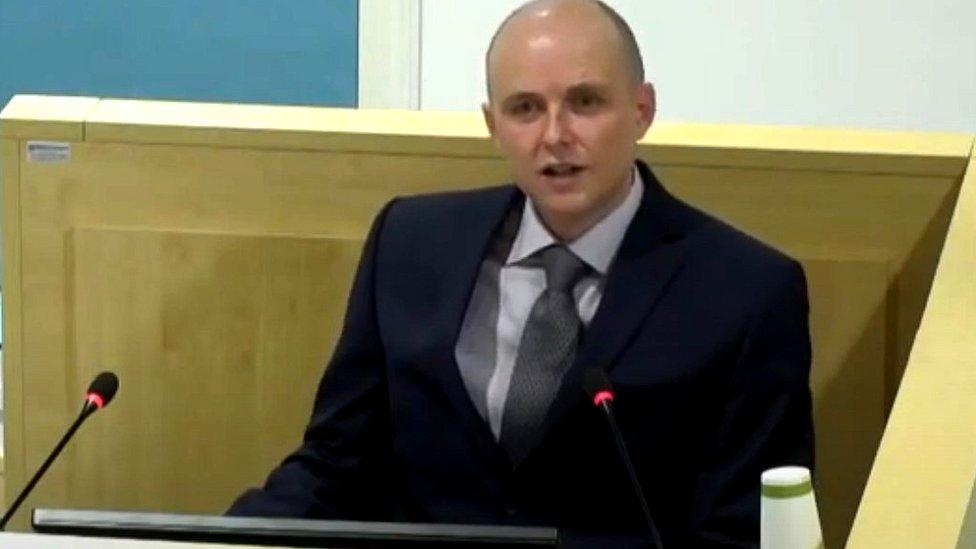
- Published30 November 2021
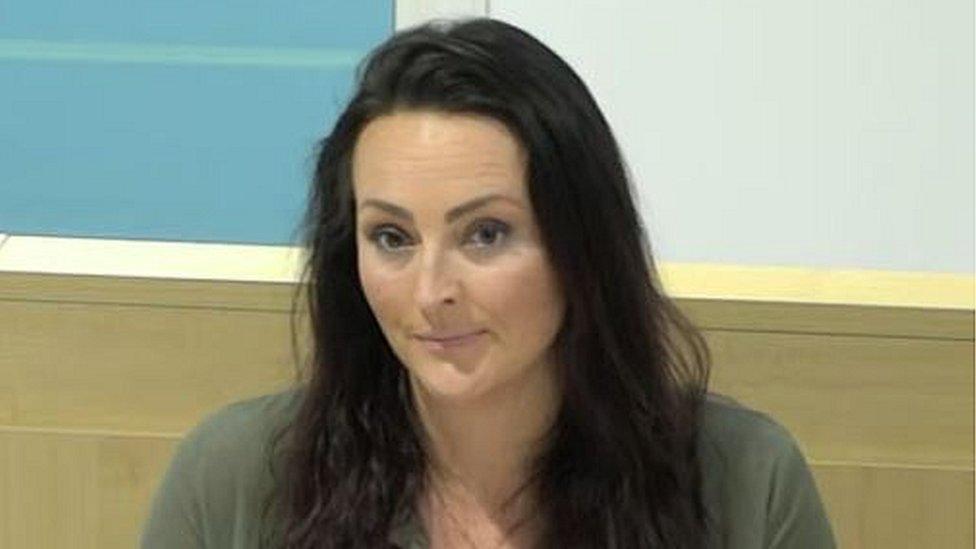
- Published29 November 2021
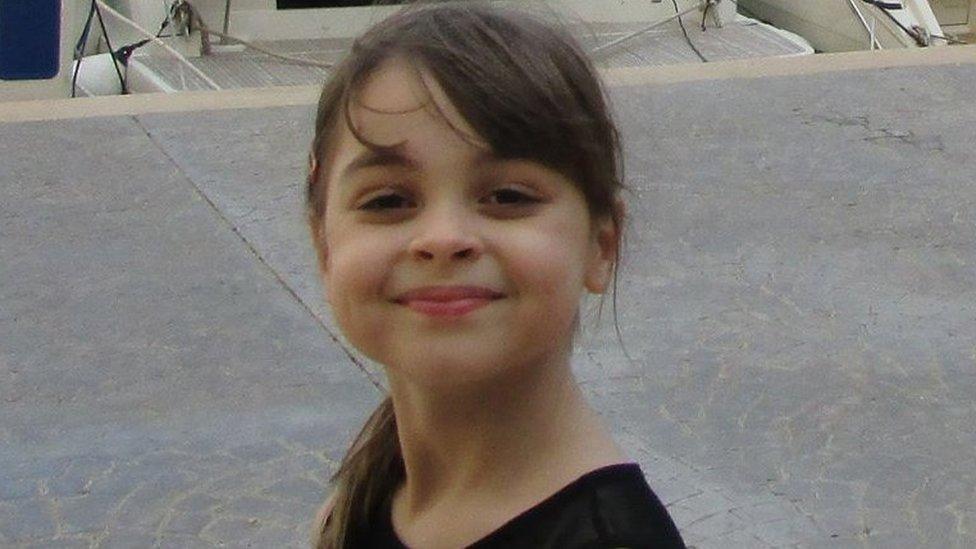
- Published19 January 2021
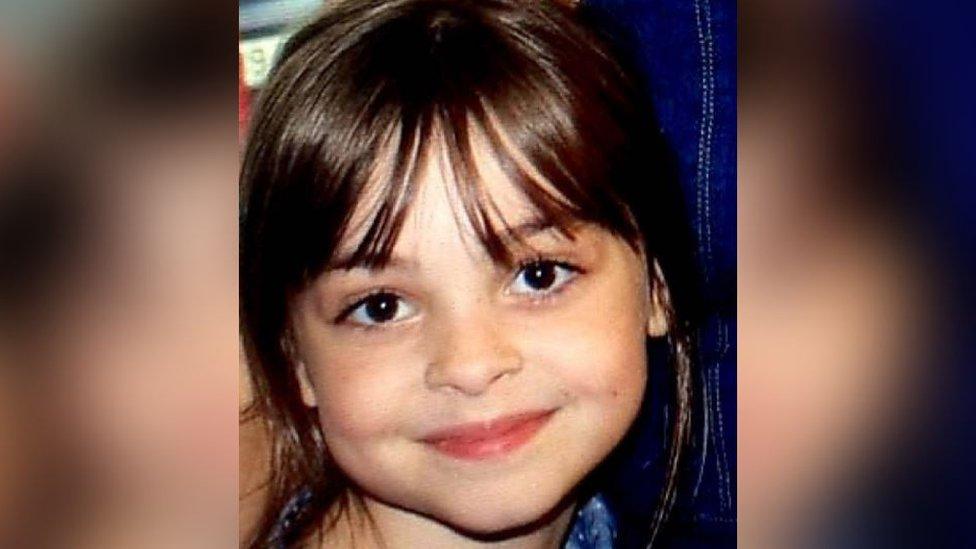
- Published18 January 2021

- Published17 January 2021
